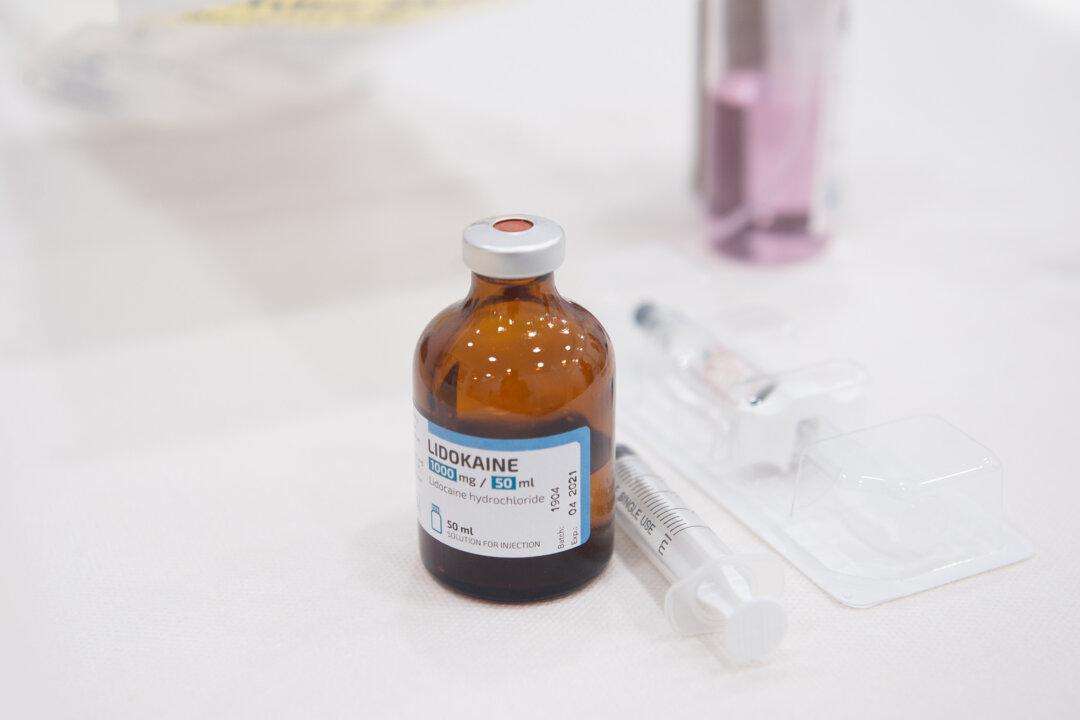Red Bull may “give you wings,” but it could also give your kids sleepless nights.
Energy drinks have become ingrained in youth culture with their edgy branding and promises of extreme energy. However, behind the flashy colors and clever slogans are massive doses of caffeine and sugar that researchers say can harm children’s still-developing bodies and brains.
Massive Research Efforts Flag Risks
Researchers at Newcastle University and Teesside University in the United Kingdom conducted an extensive review of 57 studies from 2016 to 2022 and published their findings in Public Health, an Elsevier journal. The research revealed concerning health effects linked to energy drink use in children. The studies spanned more than 1.2 million young people, aged 9 to 21, from more than 20 countries.Researchers concluded that widely available energy drinks may increase serious physical and mental health risks in children.
The review associated energy drink consumption with sensation-seeking, delinquency, poor sleep, and low academic performance. It also linked these drinks to increased risks of suicide, psychological distress, attention-deficit/hyperactivity disorder symptoms, depression and panic, allergic diseases, insulin resistance, dental issues, and tooth wear.
Given the high sugar and caffeine content, energy drink users had elevated body mass index, more abnormal heart rhythms, and more hypertension compared with non-users.
A strong tie emerged between energy drinks and risky behaviors such as smoking, drinking alcohol, binge drinking, and substance abuse tendencies, with boys being more likely to consume more energy drinks than girls.

Study Limits Leave Questions
The researchers did not specify any particular energy drink brands or quantify the health risks for young drinkers compared with non-drinkers.
This limits the study because it was observational and could not prove that energy drinks caused the adverse effects. It is possible these drinks are simply popular among already unhealthy groups.
However, the researchers suggest that caffeine, especially combined with sugar, could explain the observed harms.
Doctors Warn Against Use by Children
Per a Statista survey of 10,046 18- to 29-year-olds, one-third reported regular energy drink use as of December 2023.Energy drinks, typically high in carbohydrates and caffeine, pose risks when consumed by children or adults alike, according to Barry Sears, a biochemist and creator of the Zone Diet, a low-carbohydrate diet.
Amelia Lake, the study’s lead author and a professor of Public Health Nutrition from Fuse, the Centre for Translational Research in Public Health at Teesside University, said in a press statement, “Energy drinks are marketed to children and young people as a way to improve energy and performance, but our findings suggest that they are actually doing more harm than good.”
She added that for nearly 10 years, they have sounded alarms about the fact that energy drinks are available to kids as young as 10 sometimes for less than what bottled water costs.
The amounts of caffeine and sugar found in most energy drinks aren’t safe for children’s long-term health, Dr. Jack Wolfson, a board-certified cardiologist, told The Epoch Times. Children should not be consuming caffeine in any significant amount, he said. Dr. Wolfson is the author of “The Paleo Cardiologist: The Natural Way to Heart Health.”
He raised particular concerns about the added sugars in these drinks.
“A sip of organic coffee or green tea is not a problem, but caffeinated sodas certainly are,” he said. “Sugar is poison.”
It raises heart rate and blood pressure, increases diabetes risk, and affects the brain and the immune system.
“Children die suddenly from these drinks,” Dr. Wolfson said, “and the damages in the long run will be proven to be catastrophic.”

